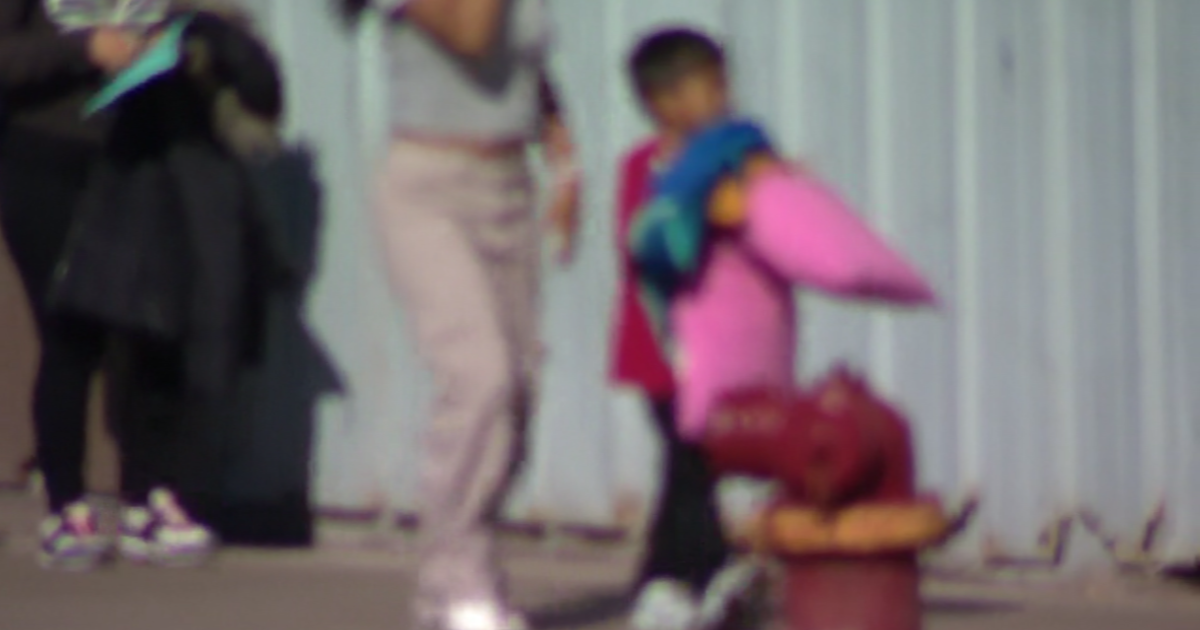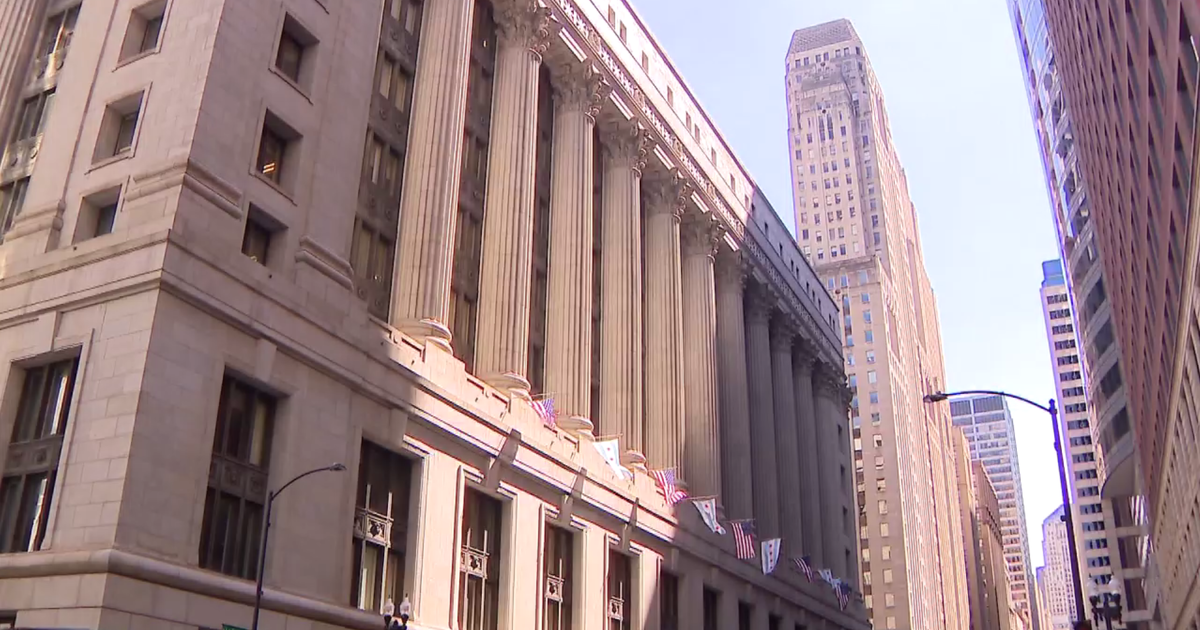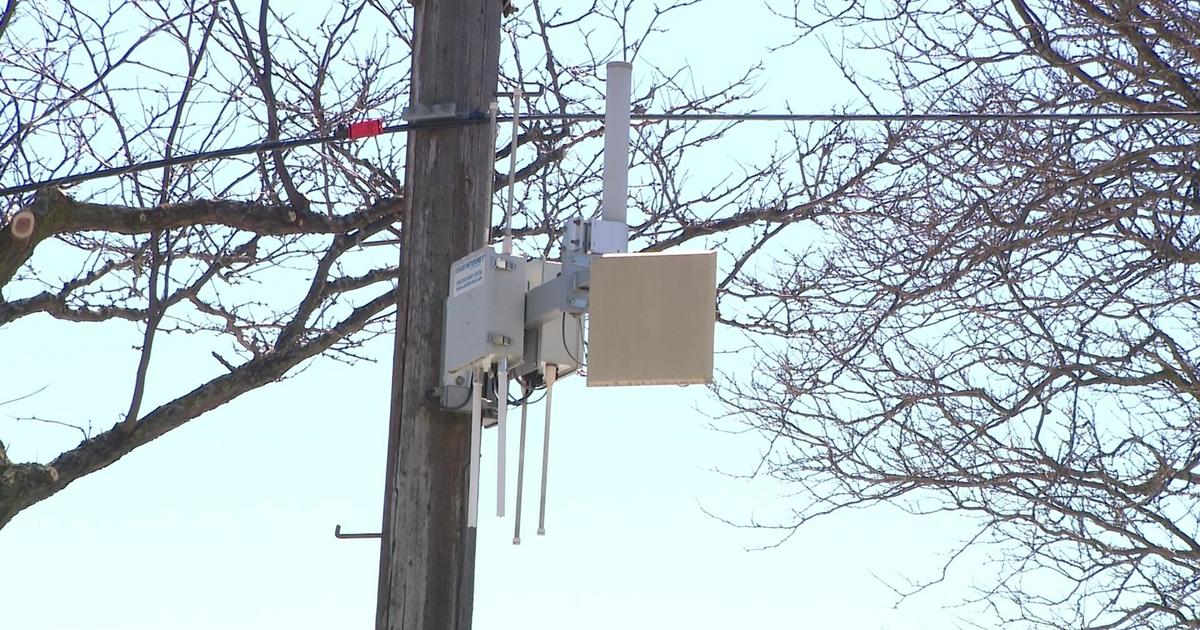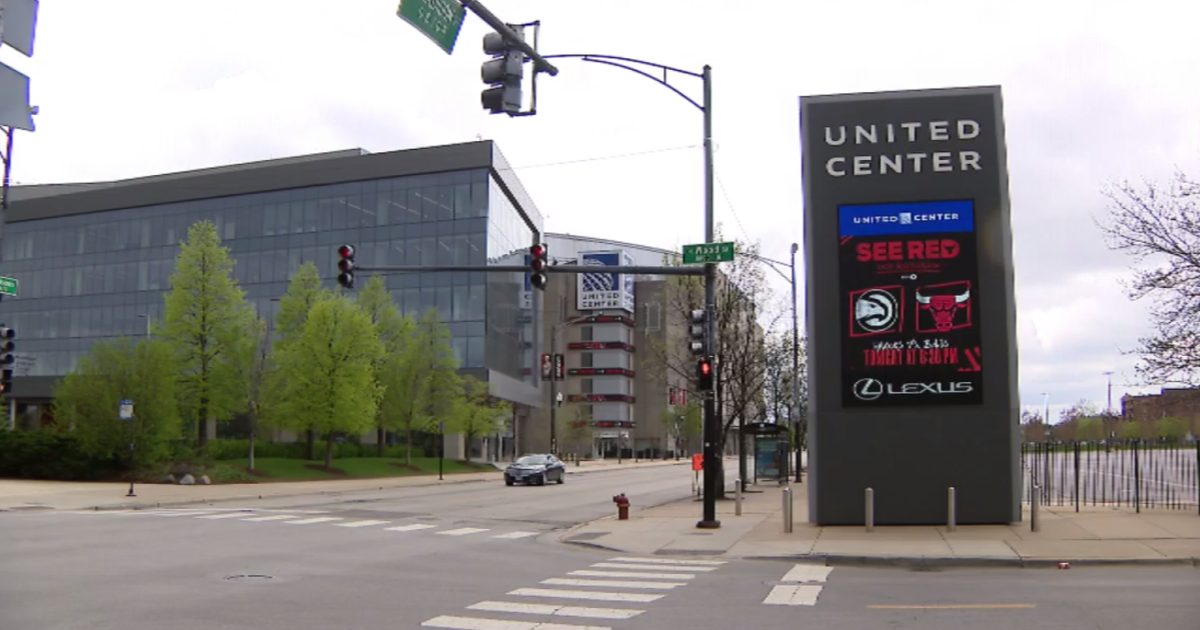City Controlling Rat Problem With Dry Ice
CHICAGO (CBS) -- No one wants to run into a rat. But the city says complaints about the rodent are up 38 this year. As CBS 2's Roseanne Tellez reports, the city is trying new way to snuff them out.
At Washington Square Park, the city demonstrated a new method for getting rid of rodents.
Dry ice will be dumped right in the burrows, where it warms into a gas and suffocates the rats inside.
"Nothing off limits as long as they're gone," resident Brandon Joseph says. He adds he's seen rats in the area all the time, some almost just as big as his dog Biggie. So he was happy to hear about this new tool.
And officials say it's cheaper and safer than poison.
"We're going to test this idea see if it's effective and if it is we're going to deploy it throughout the city of Chicago," Mayor Rahm Emanuel said.
"We come here every day - several times a day - and there's definitely a rat problem," according to a Chicago resident who frequents the area. "Anything that can help the rat population decrease I think it's a great idea."
The streets and sanitation commissioner got the idea from Boston. They were up against a huge rat problem, too. But dry ice has helped.
Charles Williams, commissioner of Streets and Sanitation says, "Preliminary results indicate a 60 percent reduction in burrows in areas being treated by dry ice."
The city is asking all of us to do our part by keeping our garbage contained and picking up after our pets, because apparently dog poop is apparently the number one food source for rats.
Ald Hopkins says rats are consistently one of his constituents biggest concerns. He hopes the new approach will work.
Ald. Brian Hopkins says rats are consistently one of his constituents' biggest concerns. He hopes the new approach will work. "You've heard the old saying if you do what you've always done you'll get the results you always get."
The trial run started in August and will continue through the spring of 2017.
People for the Ethical Treatment of Animals calls the initiative a vicious killing cycle that will only backfire, causing a spike in food supply and an acceleration of breeding.



